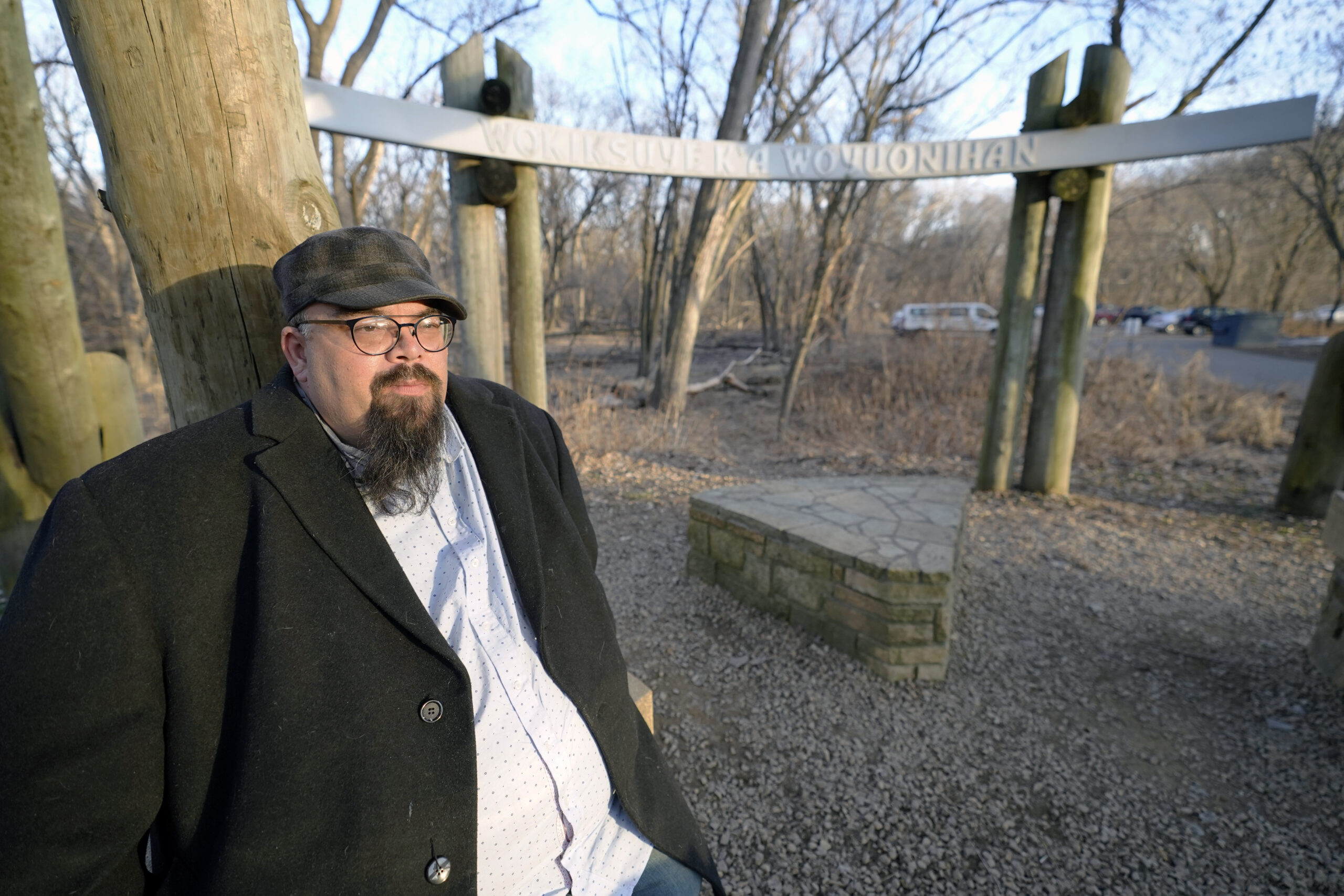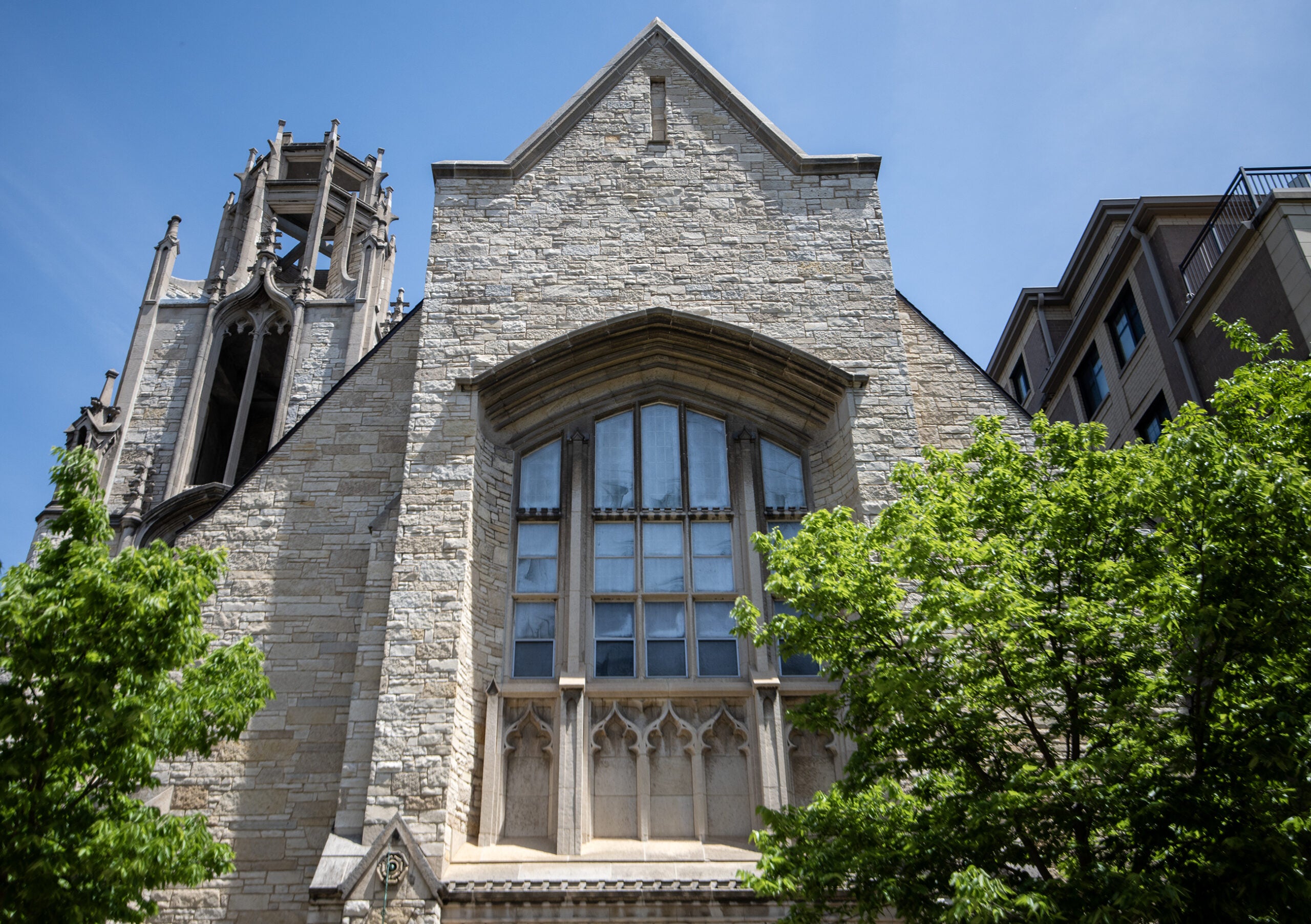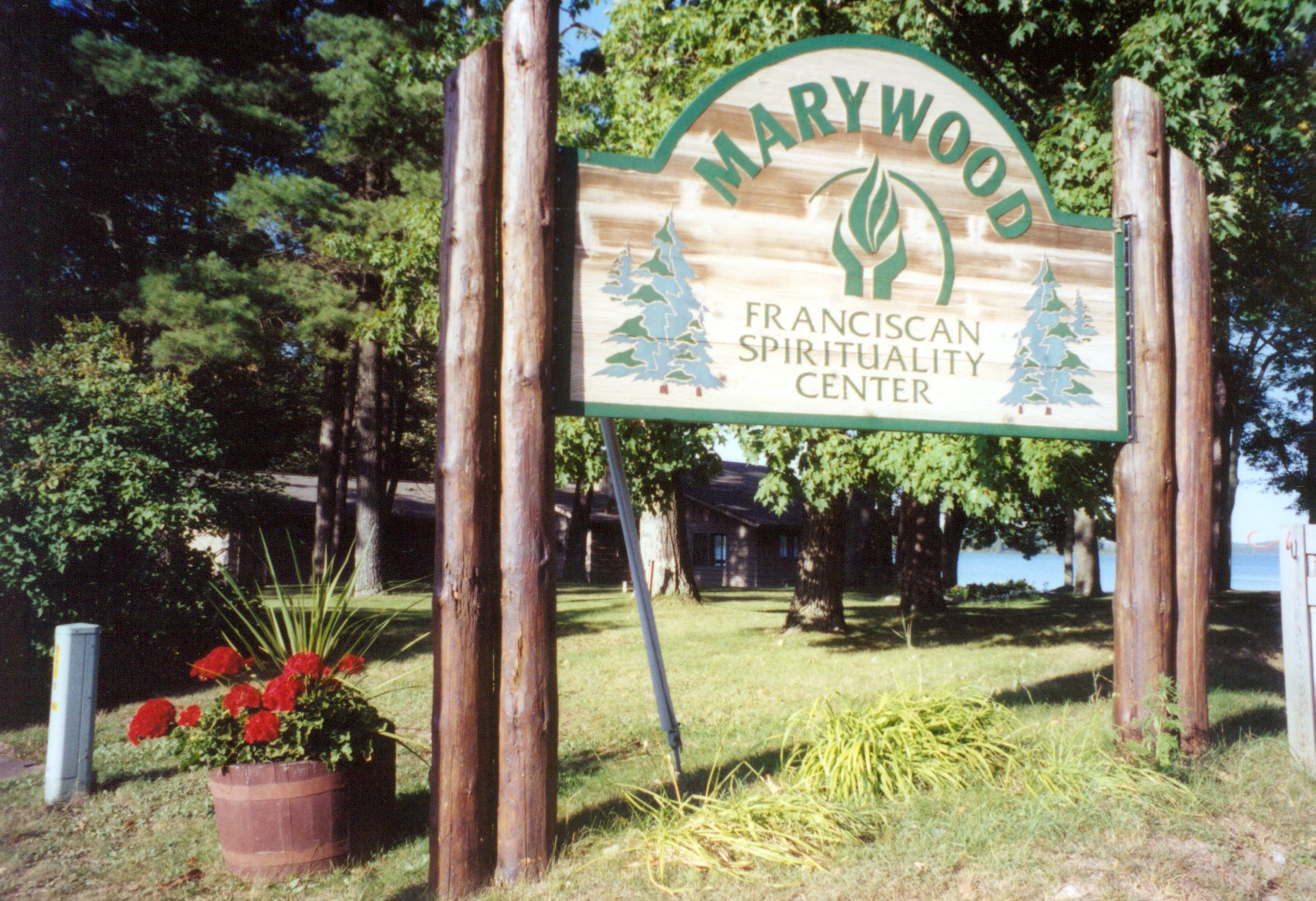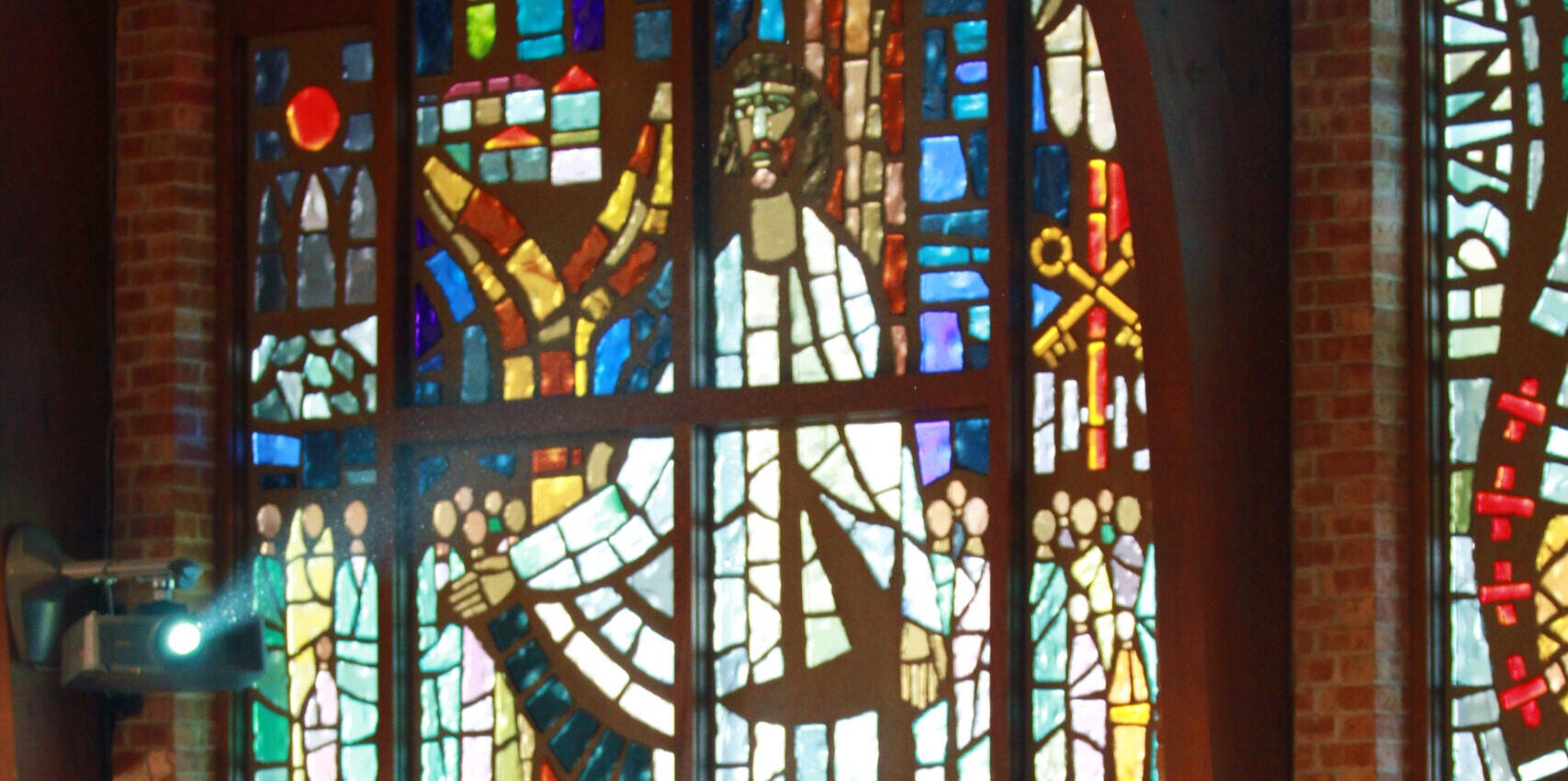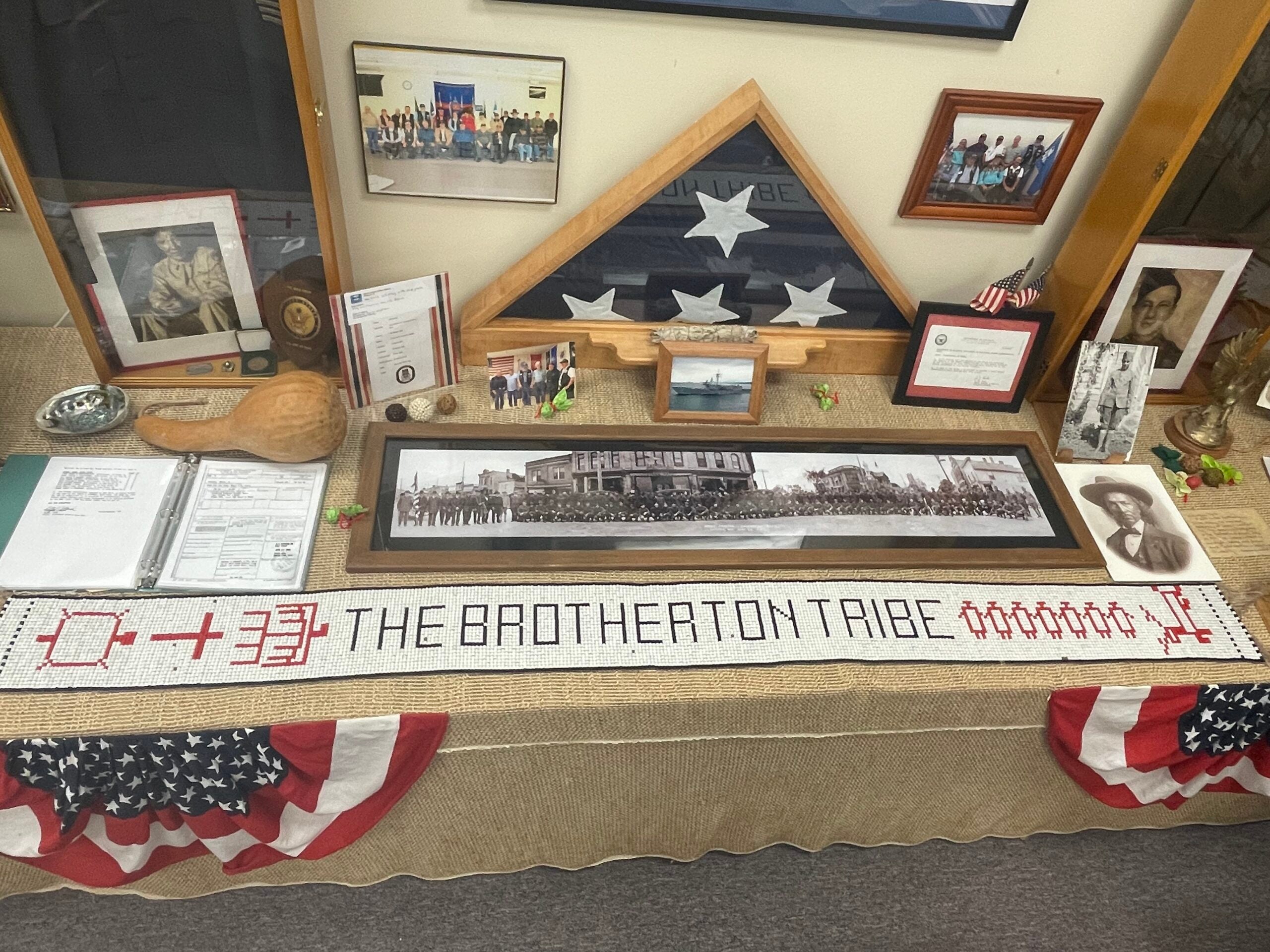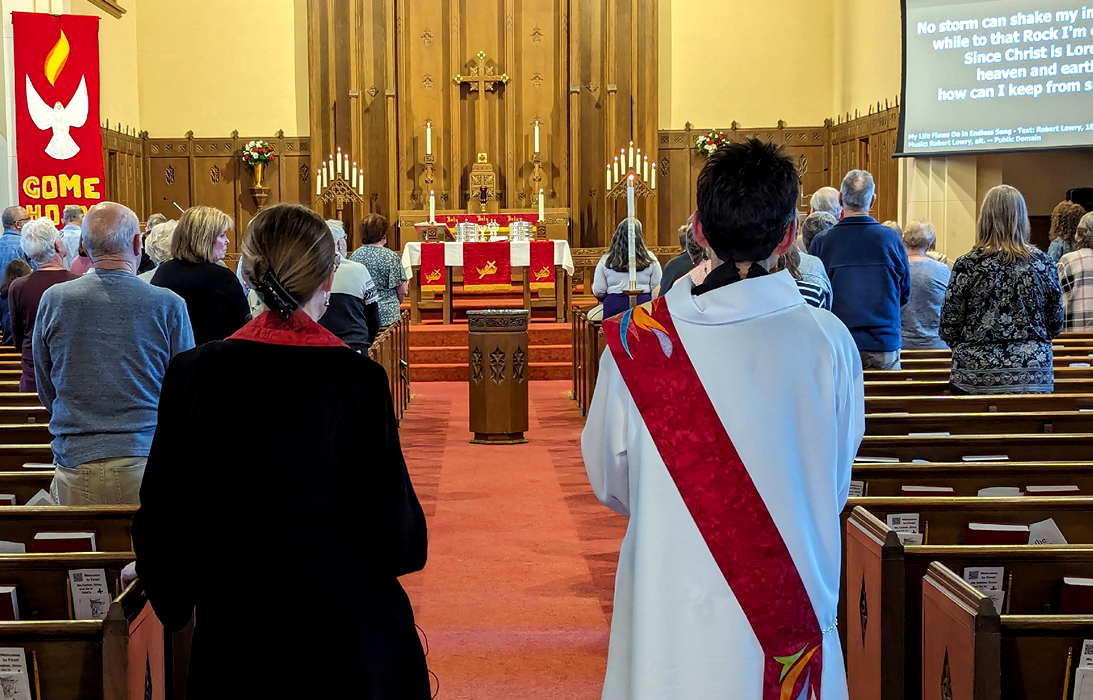In the wake of national trends that show steadily declining church attendance, Wisconsin religious leaders are trying to re-imagine what purposes their physical spaces can serve.
Throughout the United States, church attendance and religious affiliation have been steadily declining. The number of Americans with no religious affiliation has doubled over the past 20 years, according to the latest survey from Gallup. And the number of U.S. adults who attend religious services weekly has fallen from 42 percent to 30 percent over the same time period.
Since the start of the COVID-19 pandemic, more congregations have moved worship services online. And with fewer in-person attendees, church buildings have been emptying out and losing their purpose. Researchers with the United Church of Christ estimate that around the country, dozens of churches are closing each week.
News with a little more humanity
WPR’s “Wisconsin Today” newsletter keeps you connected to the state you love without feeling overwhelmed. No paywall. No agenda. No corporate filter.
“The spaces that were built for church attendance, worship and Sunday school are no longer as useful as they were,” the Rev. Mark Elsdon said in a recent interview on WPR’s “Wisconsin Today.”
Elsdon is a Presbyterian minister and executive director of Pres House, a campus ministry and student housing community at the University of Wisconsin-Madison. He is also a co-founder of RootedGood, a nonprofit organization that helps churches think creatively about how to use their spaces.
“The transition of church property is one of the largest issues facing the church today,” Elsdon writes in “Gone for Good?,” a new collection of essays about the coming wave of church property transitions.
But rather than worrying about the future of religious faith, Elsdon sees this moment as an opportunity for churches to rethink how they serve their congregants and the broader community.
“I think the question of how to make best use of church real estate, buildings and land is really a question for any church — not just ones that are struggling or ones that are going to close or ones that are shrinking, but all of them, even ones that are thriving,” he said.
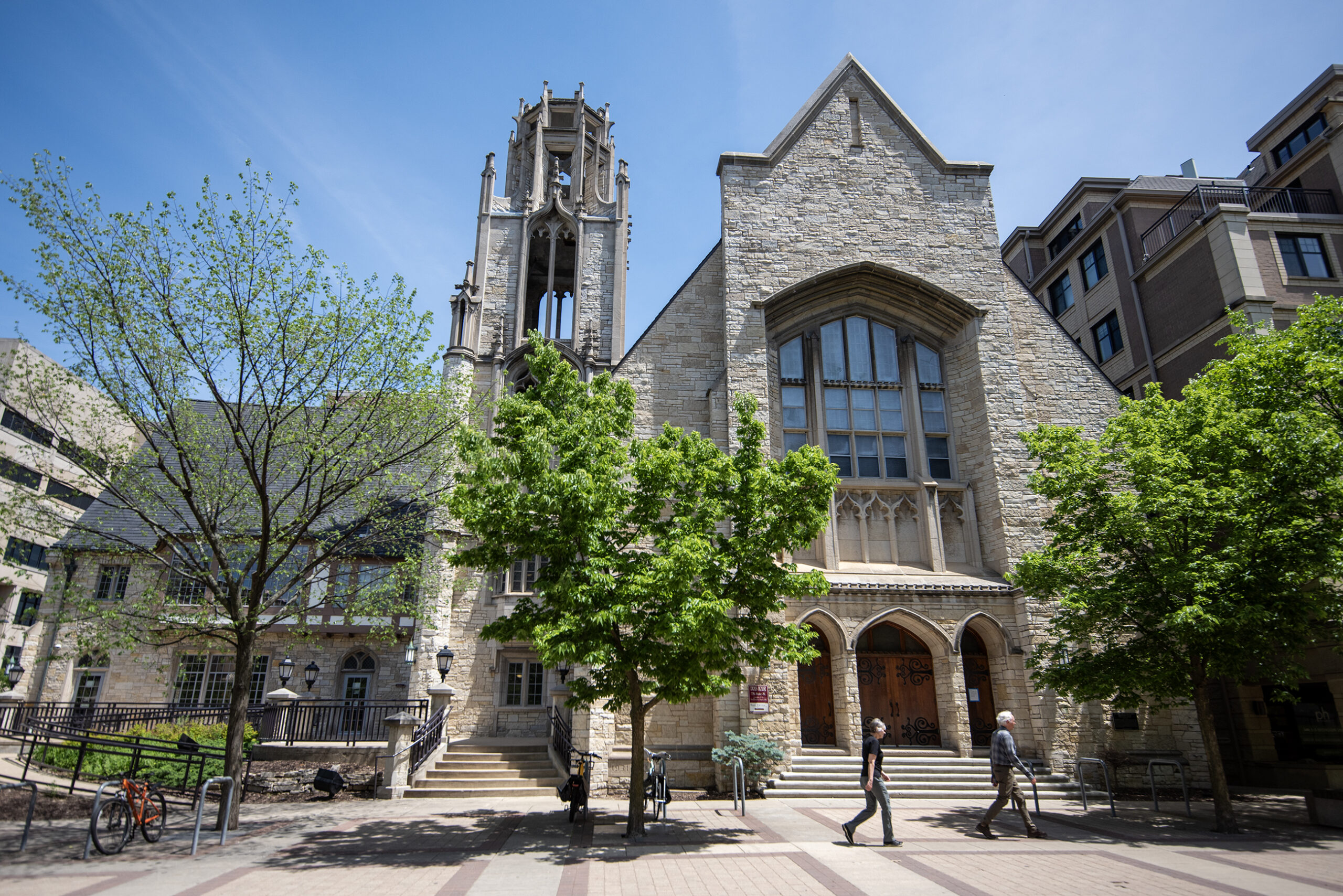
New ways for churches to serve communities
In many communities, churches have long been places for more than worship. Churches can be the sites of Red Cross blood drives, Girl Scout meetings or polling locations for elections.
“There are so many ways that we can use the property and the land and the buildings for good in our communities beyond the ways we’re using them currently,” he said.
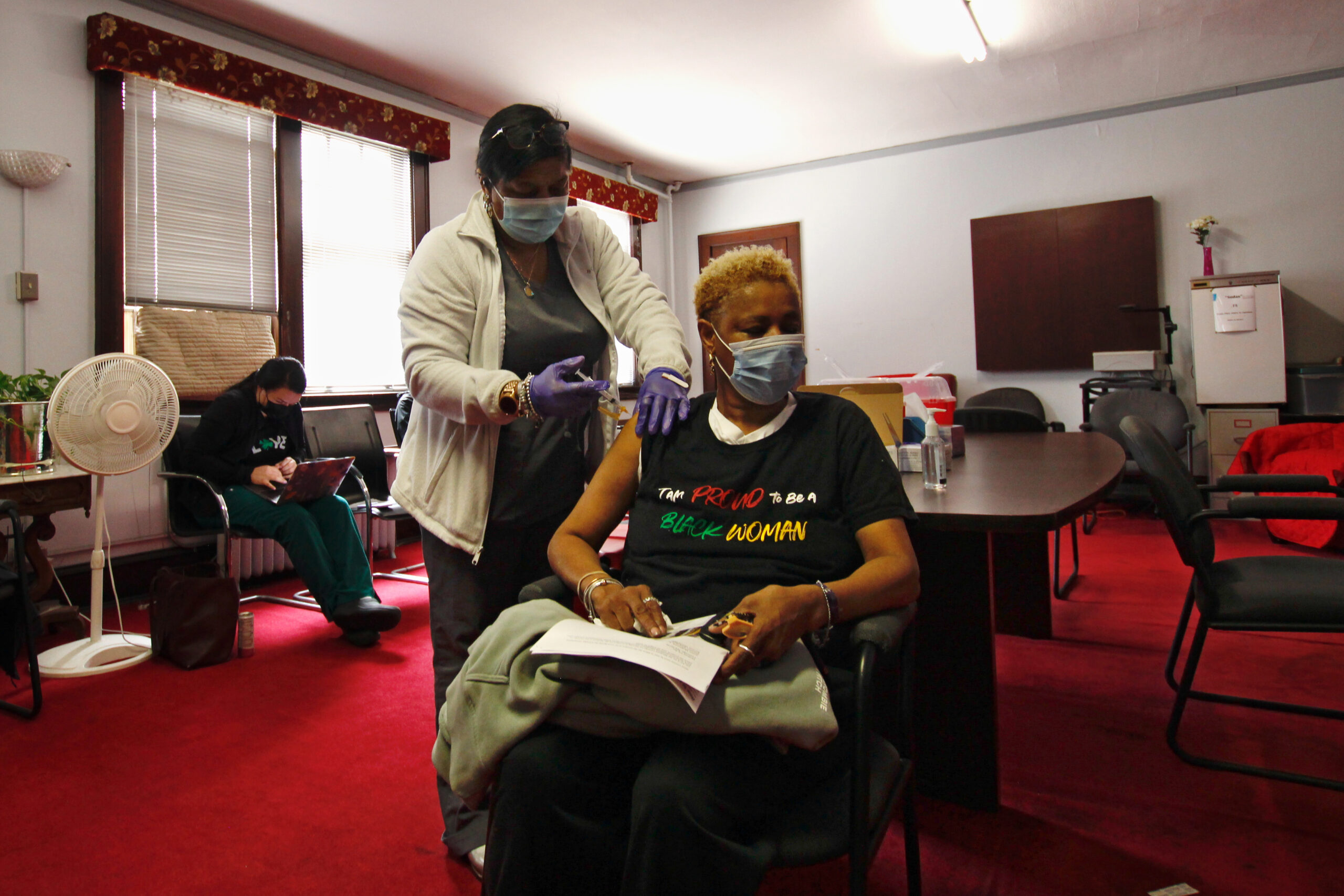
Some of the ideas Elsdon has seen put into action are church buildings becoming early childhood education centers or rural health clinics. Other churches Elsdon has worked with are putting soccer fields in unused green spaces or setting up electric vehicle charging stations in their parking lots. A former church property in Madison is being converted into affordable housing.
For Elsdon, the fact that church meetinghouses are closing or being repurposed doesn’t mean the faith community has to disappear with them.
“When I look back at the story of the early Christian church, I don’t see an institution — I see people living together in community and for each other. And that, I believe, is still going to happen,” he said. “Just in a radically different form.”
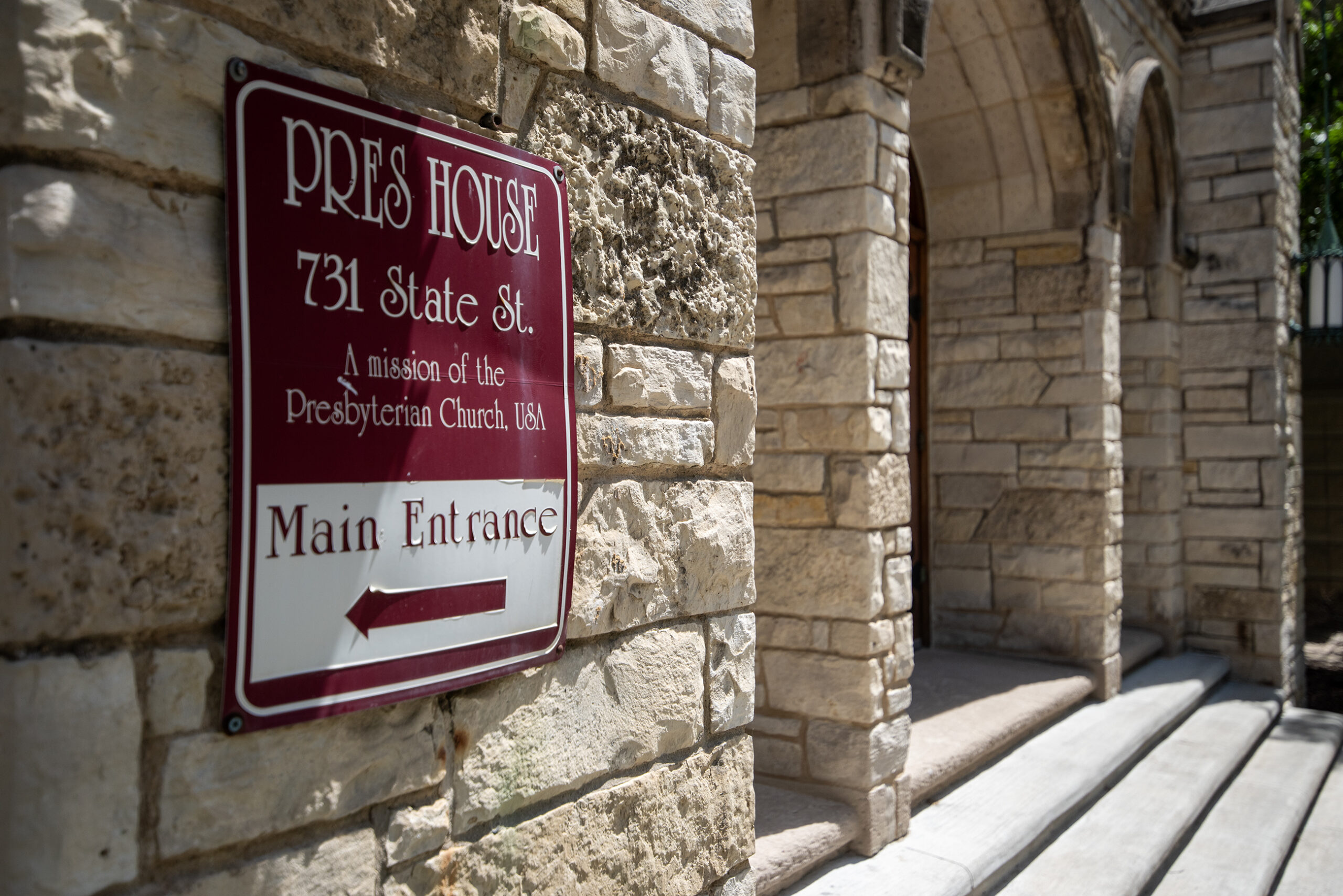
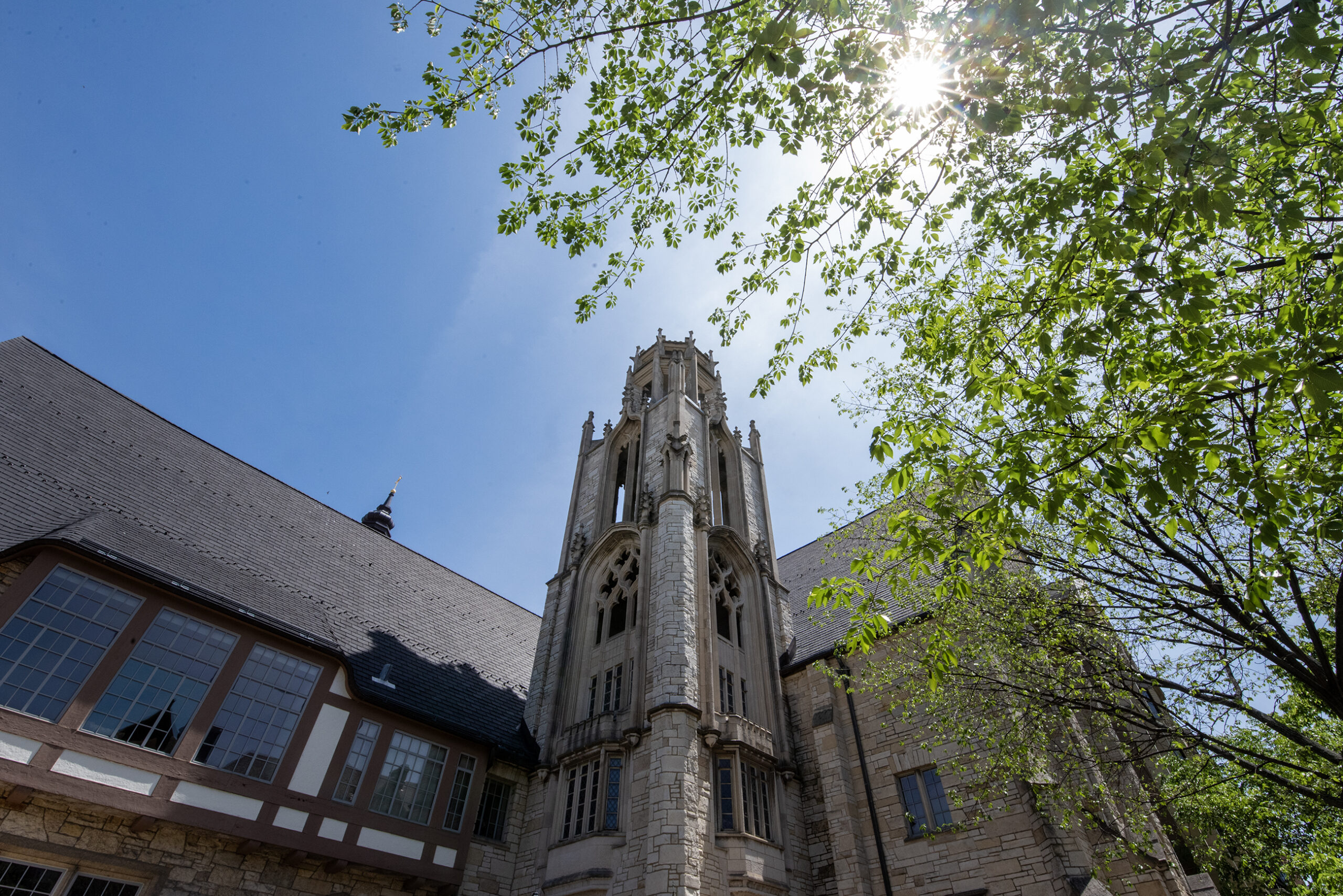
Indigenous pastor says churches should consider returning land to tribes
For the Rev. Jim Bear Jacobs, this wave of property transitions represents a moment when Christian churches can step up in their commitments to justice toward Indigenous people.
“I have been advocating for years now for churches to consider Land Back and return of land to Indigenous organizations or Native tribes if they’re located on traditional treaty lands,” he said. For churches not on treaty-defined land, the property can be deeded to an Indigenous nonprofit or other organization.
Jacobs is co-director of racial justice for the Minnesota Council of Churches and a member of the Stockbridge–Munsee Mohican Band of Indians, one of the 11 federally recognized tribes in Wisconsin.
His family has been Christian for generations because of missionary efforts from various groups in the early days of the colonies when the tribe was in upstate New York. A lot of tribes based on the East Coast at that time now carry a long history of Christian influence and belief, he said.
For Jacobs, being Christian means seeking “justice and liberation for all people,” he said. Over the past decade or so, he has noticed an increased interest from churches in forming relationships with Native tribes and repairing the legacies of dispossession and stolen land.
“I would say even for a church that is not in danger of closing, seek out those relationships with Indigenous people, Indigenous tribes and Indigenous organizations to begin this exploration,” Jacobs said. “Admittedly, it’s frightening for predominantly white churches to consider this. But consider what the call of Christ actually is: It’s to journey into justice.”
